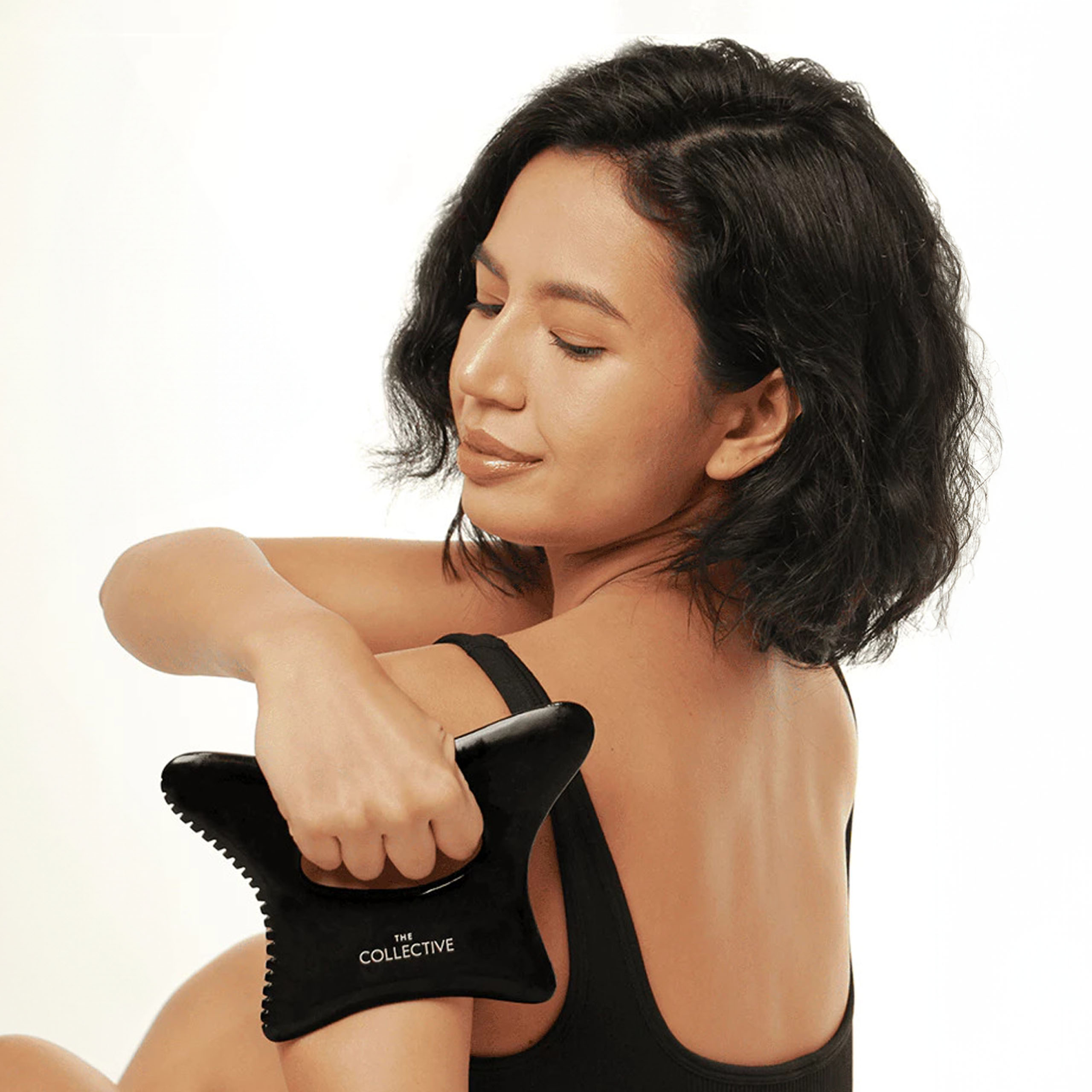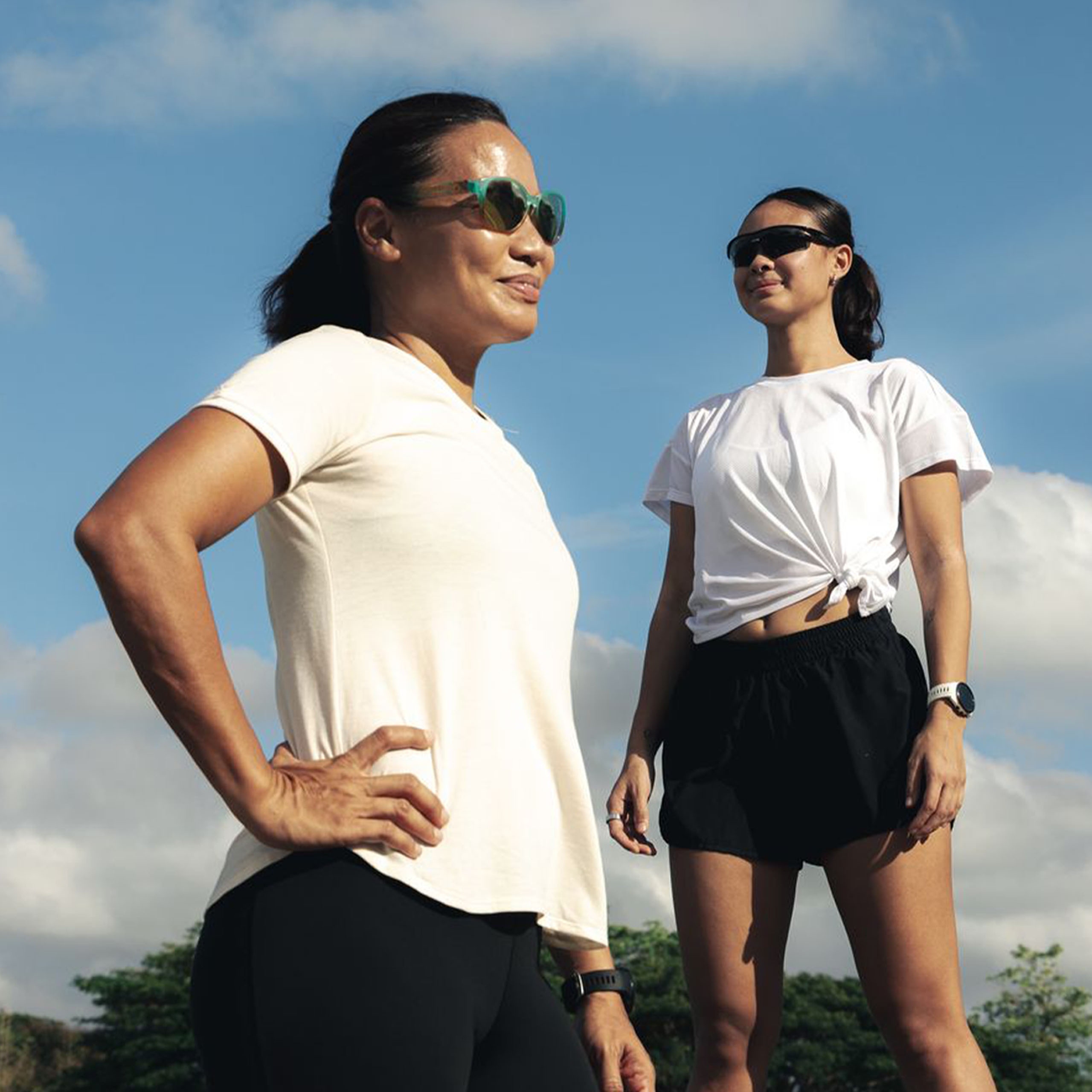Here’s the lowdown on what you need to avoid and what you need to eat more of to grow long and healthy hair
Studies show that what you eat affects virtually everything in your life, from your eye health and mental health down to your nail health and bone health. The variety and quality of your food also have long-term impacts on the length of your life. Having said that, it shouldn’t be a surprise that your diet affects your hair length and strength, too.
Your doctor may find that your hair loss is due to nutritional deficiency. This is because nutritional deficiencies have been found to impact hair’s structure and growth, and these deficiencies may stem from genetic disorders, medical conditions, or diet-related factors. When it comes to your diet, what commonly happens is that you’re not getting enough calories and nutrients like vitamin C, protein, and biotin in your food.
RELATED: Lean Protein Recipes You Can Recreate at Home
First things first
Knowing these facts can bring you down a slippery slope. If you think that your hair loss stems from nutritional deficiencies and attempt to solve the problem yourself using dietary supplements like multivitamins, you could be making the problem worse instead. Why?
Unregulated supplement use can worsen your hair health. By this, we mean taking non-FDA-approved nutrient supplements when you don’t have an actual nutritional deficiency. In one study, experts concluded that over-supplementation of some nutrients can result in multiple toxicities. For example, zinc toxicity can result in pain, vomiting, and diarrhea.
Meanwhile, these same experts found that excess supplementation of nutrients like vitamin A, vitamin E, and selenium can actually lead to hair loss. Besides that, high levels of vitamin A from over-supplementation can lead to other ill effects on your skin, vision, and bones.
RELATED: The Benefits and the Risks of Dietary Supplements
That’s why experts say to get examined by a professional to see if you have a nutrient deficiency and to determine the cause of your hair loss. It’s also best to consult your doctor to check if your supplements are safe and effective.
All about food
Generally speaking, it’s best to eat well-balanced meals to address any blips in your health, hair-related or otherwise. And that’s what hair loss normally is—a blip, especially if you’re undergoing a restrictive diet or rapid weight loss. Whatever your reasons, the following list of nutrient-rich foods is for you. After all, eating healthier doesn’t have the risks that hair supplements do, but rather leads to all sorts of benefits.
When it comes to figuring out what food to eat, nutritional content is what matters. One of the nutrients that is said to be important for hair growth is vitamin C. One study even wrote that vitamin C intake is relevant for patients experiencing hair loss linked with iron deficiency.
By eating more vitamin C-rich foods like papayas, guavas, strawberries, kiwifruits, oranges, tomatoes, and broccoli, you can grow longer and healthier hair over time.
A balanced diet composed of biotin and protein will also do wonders for your hair health. Protein, in particular, is seen as critical for healthy hair growth since hair is composed of 95% keratin, which is a type of protein. Meanwhile, biotin promotes healthy hair, skin, and nails since our bodies naturally use biotin to metabolize carbohydrates, fats, and amino acids.
For sources rich in protein and biotin, you can look to foods such as eggs, nuts, beef liver, salmon, pork, sweet potatoes, white mushrooms, and lentils instead of hair supplements.
RELATED: 5 Lentil Recipes From Around the World
Notably, consuming high levels of mercury is linked with hair loss, and fish is regarded as among the most common sources of it. Because you can’t actually see, taste, or smell mercury in your fish, it’s best to be safe by skipping or limiting your intake of particularly mercury-rich fish like marlin, swordfish, and bigeye tuna.
On the other hand, salmon has much lower levels of mercury than most other fish. Not only is it one of the safest fish to eat, but salmon is rich in omega-3 fatty acids, which are said to promote hair growth and strength. Besides salmon, you can also look to flaxseeds, chia seeds, walnuts, spinach, and canola oil for omega-3 fatty acids.










